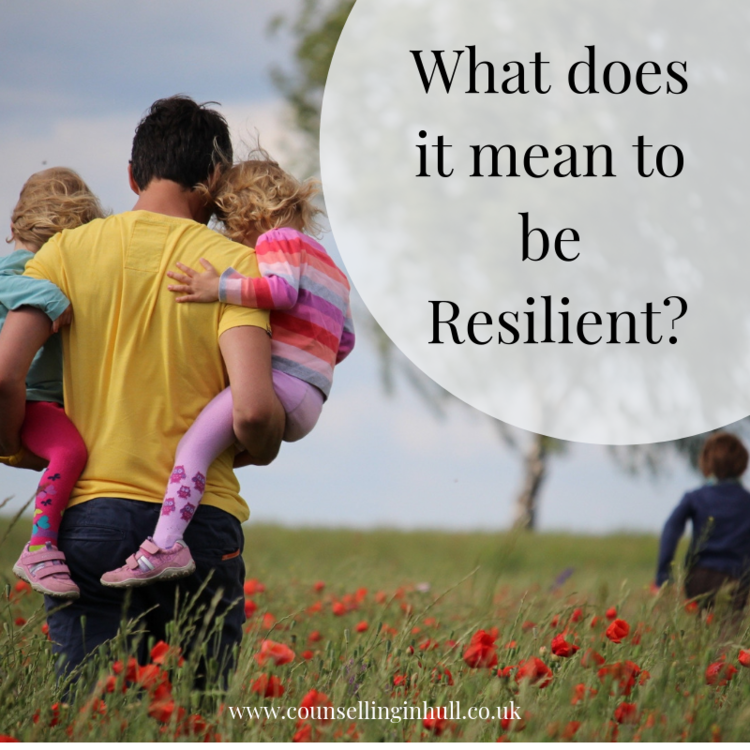What Does It Mean To Be Resilient
Particularly in my work with children and young people, professionals often discuss resilience, but what does it mean?
If our bodies are resilient to virus and infection then resilience may mean we have a strong immune system but how can we apply this biological example to our resilience in the world and in relationship with others?
I believe that resilience is the ability to maintain positivity during difficult and challenging situations which in turn allows us to bounce back; this is not the same as not experiencing the distress or denying it.
Download Your FREE Self-Esteem Activity
One big indicator of our resilience is our mindset. I won’t go into the neurology just yet, but there are two systems for processing positive and negative situations. Research suggests that those who access the positive system most, therefore experiencing more pleasure, enjoyment and hope, are more resilient than those who access the positive system less. Furthermore, it doesn’t matter how many negative experiences we have but the more positive ones we have in comparison, the more resilient we become.
What Does This Mean?
Sometimes we become more drawn to processing events negatively. Long term activation of the negative system I mention above can lead to more pessimism, more worry and more motivation to seek safety & security. It may be that you have some historical events that make it challenging to leave this way of experiencing your life, if that’s the case, I recommend you access some professional support that can help you separate your traumas from your here-and-now so you can learn how to start accessing your positive system. Remember, research suggests the negative experiences are only significant in the absence of/low positive experiences when it comes to resilience.
If it’s not history that is holding you back, you can make new intentions to seek pleasure and enjoyment in your life as they in turn create hope & good feelings. The more positive experiences you have, the easier it should be to manage your distress.
Click here to read What Influences Resilience?
More Useful Blogs:
Why Anger is a Positive Emotion.
How to Model Anger, and Why You Should.
8 Strategies for Helping your Anxious Child.
If you’re a parent or carer, do come join our Facebook group where we explore mental health, self esteem and therapeutic parenting strategies to help you in your role and help your children develop. You can also sign up for my newsletter and get all my content and offers to your inbox.

